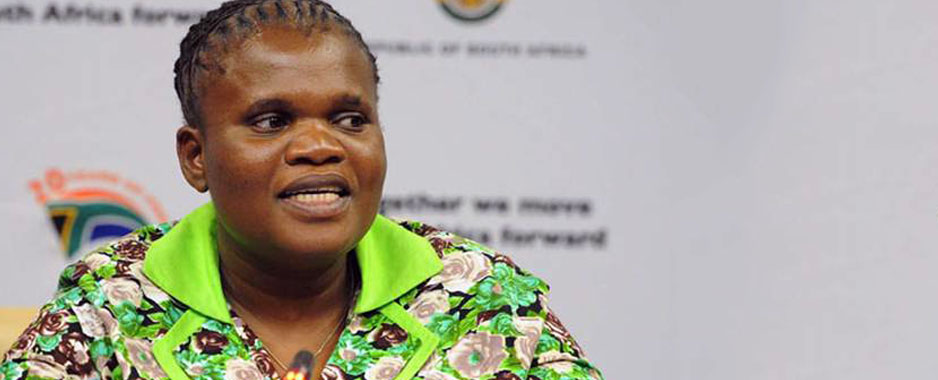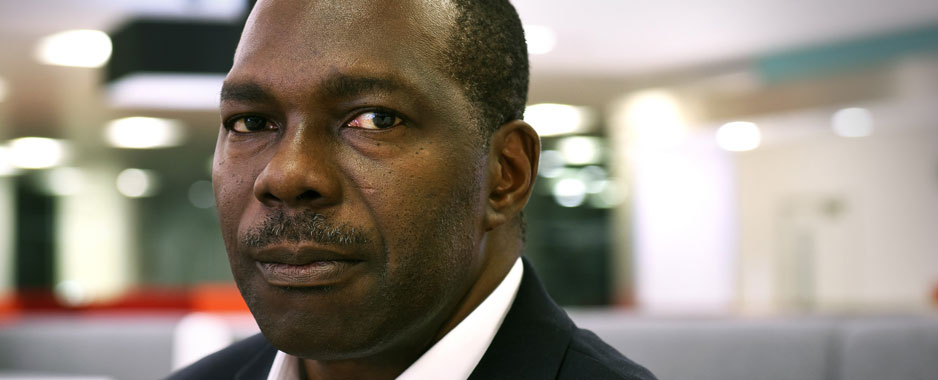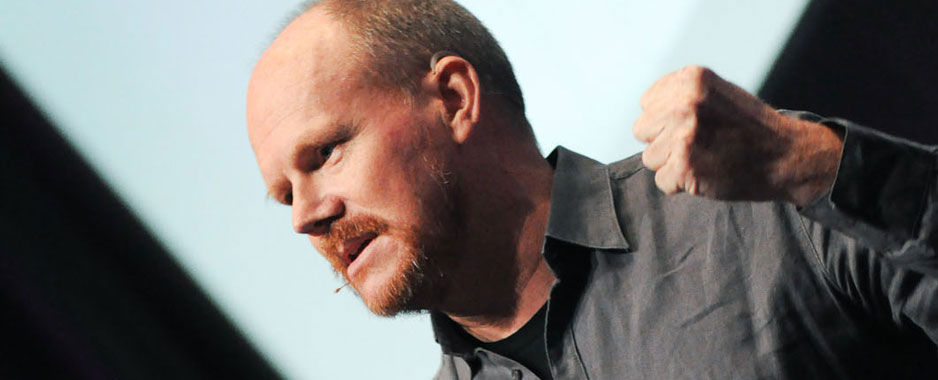South Africa “won’t be held to ransom” by e.tv. That was the warning on Friday by communications minister Faith Muthambi, who was speaking to TechCentral on the sidelines of a Southern African Digital Broadcasting Association event in Johannesburg where she
Browsing: ITU
Communications minister Faith Muthambi said in a statement on Wednesday morning that government has decided to abandon South Africa’s digital migration project. This follows years of wrangling over the switchover from analogue to digital television
They’re coming for your Wi-Fi. They’re big, they’re infinitely rich, and they’re patient. And when they take your Wi-Fi, they’ll tell you that they did it for you. No, really, check out this video from Ericsson. It’s taken some time for the strategy to become clear, but the
Government should make better use of regulatory tools and legislation to foster a more competitive environment in South Africa’s pay-television industry rather than requiring that conditional access technology be included in state-subsidised set-top boxes. That’s the
South Africa may have to wait until 2017 to complete its migration from analogue to digital terrestrial television, missing the mid-2015 deadline government agreed to with the International Telecommunication
Radio and television broadcasters, satellite providers and even radar operators will have to make way for mobile broadband companies if radio frequency spectrum proposals to be put to the International
South Africa’s department of telecommunications and postal services and the International Telecommunication Union (ITU) will collaborate on a new project to test “new, sustainable approaches to bringing broadband connectivity to rural post offices”. The idea, according to a statement issued by the ITU
In a previous column, I highlighted just how complex it is to manage radio spectrum and why experts can’t seem to agree on whether we are running out of spectrum or entering an age of abundance. I finished by saying that the challenge around spectrum management is that still haven’t worked out a satisfying means of deciding who
Anyone who has attended any sort of telecommunications-related presentation in the past couple of years will have come across the World Bank’s finding that a 10% increase in a nation’s broadband penetration equates to a 1,4% increase in GDP in low- and middle-income economies. That statistic makes a
South Africa’s seemingly neverending migration from analogue to digital terrestrial television has been so beset by problems for so long that it would be almost comical if the repercussions for the country’s economy weren’t so serious. It’s been more than a year since South Africa










